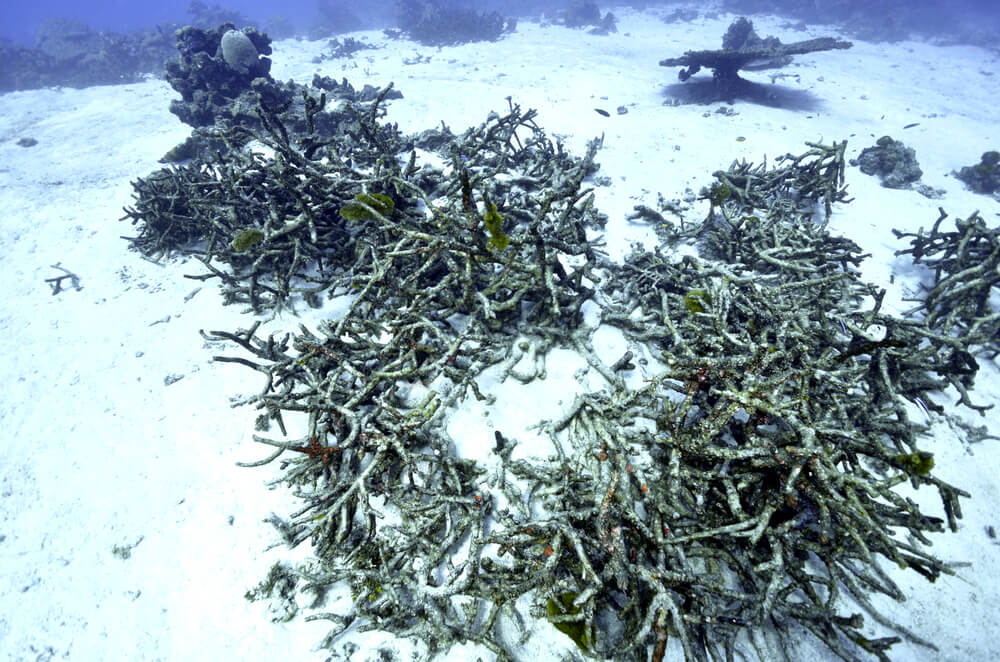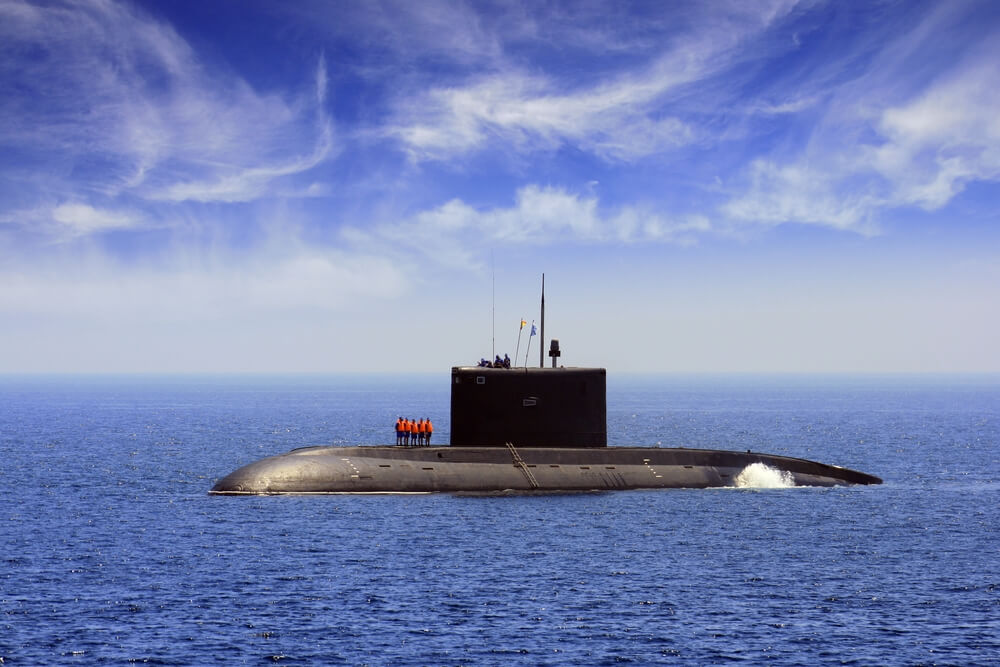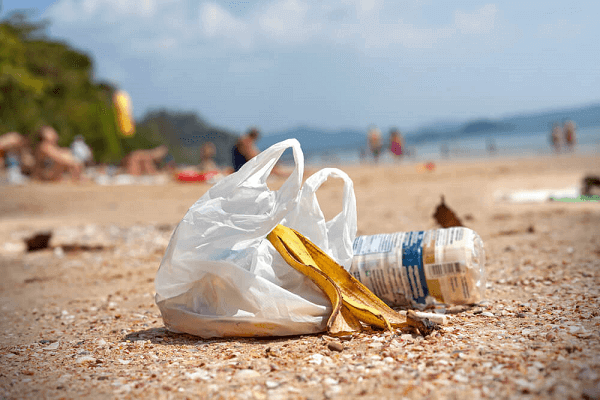We’re Drowning in an Unsustainable Ocean
WE’RE DROWNING THE OCEAN. Okay, that got your attention. Right about now you might be thinking “What? Drowning the ocean? The ocean is made of water, it can’t drown.” In fact, you’re beginning to question your entire existence. Is everything you’ve ever been told… a lie!? Most probably not, but if you were ever told that the ocean can’t drown, not only do you have some strange conversations, but yeah, you were lied to.
The ocean is increasingly becoming deoxygenated as a result of anthropogenic productions (basically just pollution caused by humans) of carbon dioxide. This has been caused by burning fossil fuels including coal, oil, and natural gas as well as renewable resources such as wood. The reason this is such a huge problem is that the ocean absorbs the excess heat that is being produced by the carbon dioxide and, according to the BBC, it has absorbed 90% of the world’s global warming which is causing acidification. This excess heat is essentially boiling the ocean which is increasing the temperature and causing it to deoxygenate - because warmer water causes oxygen to become less soluble (confused? Don’t worry, this next bit will help).
So, what does all of this mean for the ocean? It means that it is losing the oxygen that is vital for the survival of life including both plants and sea creatures. Reefs are habitats for many animals. They live, feed and reproduce there, but this will all be destroyed as a result of global warming.
However, a brand-new project, led by the University of Edinburgh will determine just how much trouble the Atlantic Ocean is truly in.

What is the Atlantic project, and what is its significance?
The Atlantic project (better known as the iAtlantic Project) is a 4-year international mission organised by the University of Edinburgh. The project’s main objective is to assess the current health of the Atlantic Ocean and provide a much clearer understanding of the impact of climate change on the ocean. The findings will be taken to governments to ensure that work can begin to reduce the pressure that the ecosystems are currently under.
So, who’s funding the project? Well, the European Union’s Horizon 2020 programme has invested €10m into the project, and an additional €30m of investment will be acquired through the use of research cruises and other technologies provided by partners.
The project has great significance as uncharted areas of the ocean will soon be mapped for the very first time. It’s true what they say, we know more about space than we do about our oceans. This mission will hopefully take us in the right direction to change this. However, more vital than mapping the ocean is the fact that this mission will identify the problems in the ecosystems that need to be addressed, as well as places where marine life is able to thrive.
So… we’ve got a bucketload of cash, a team of researchers from all over the world, and the unmapped ocean. Mix that all together and surely it can only mean one thing? You’re right, cool new technology!
The mission will use lots of hi-tech devices, including robot-submarines that will allow the researchers to scan the deep ocean. Imaging technology will also be used to develop mapping tools and provide a greater understanding of deep-sea habitats.

What can you do to help look after our oceans?
- Use fewer plastic products - start carrying a reusable water bottle rather than using disposable single-use plastic bottles.
- Reduce your car usage – start walking or cycling to places that are close by to reduce your carbon footprint.
- Help take care of the beach – ensure that you never leave any litter behind when you’re at the beach.
- Recycle – try to recycle whenever you can (most products say on the back whether they are currently recyclable or not)
- Volunteer – if you live near the coast, volunteer with beach cleans to help reduce the amount of plastic in our oceans.
- Learn – rather than binge-watching 5 episodes of Stranger Things in a row, binge-watch 4 then spend that extra hour educating yourself about the ocean. The more you learn, the more you’ll want to help out.

At Alpha, we’re crazy about saving the planet, especially the oceans. Thanks to our supporters we have even managed to collectively donate over £12,000 to the Whale & Dolphin Conservation charity! This money has gone towards their Beluga Whale Sanctuary which has recently become home to its first two residents, Little Grey and Little White. Read more about our partnership with the WDC here.




